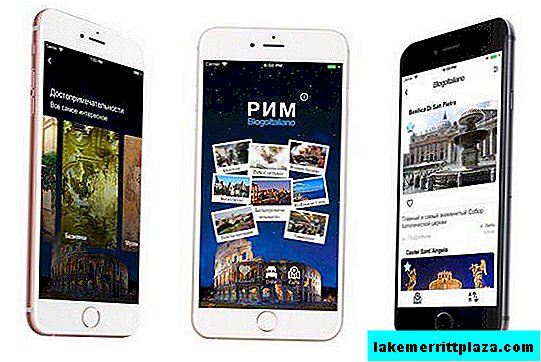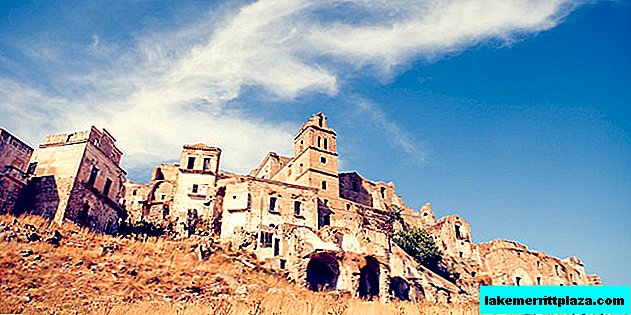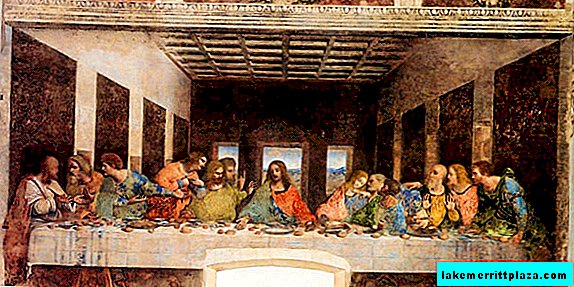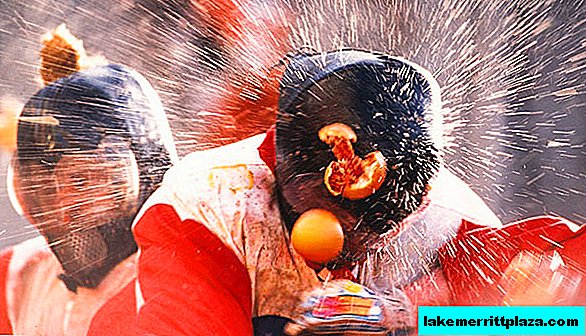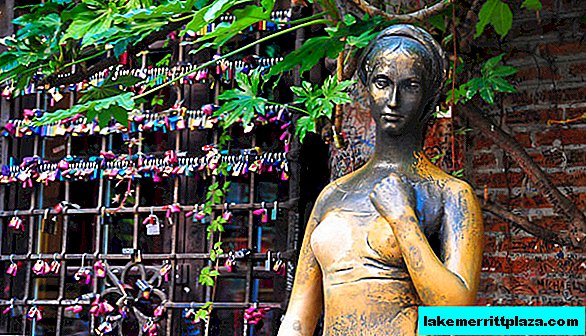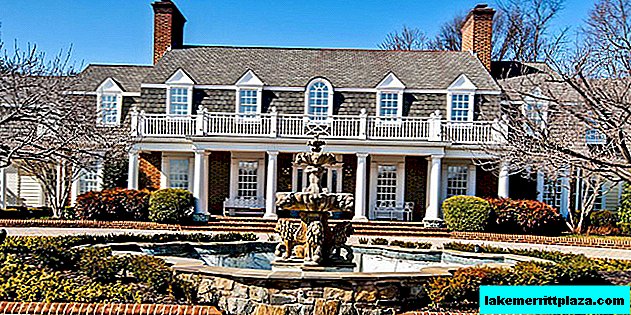Gathered in Cologne? Then let's look at the features of public urban transport.
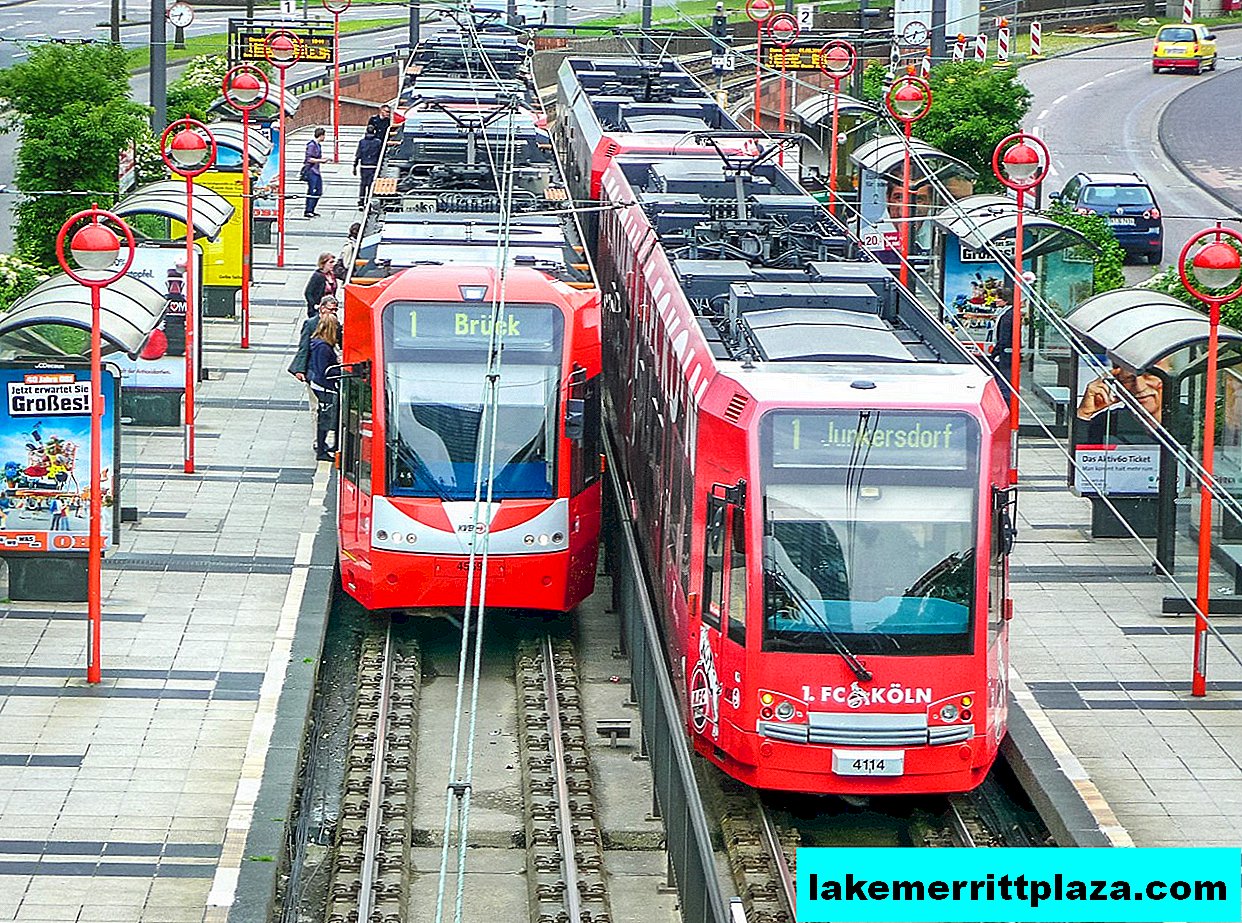
Metrotram, photo Metro Centric
The transport system of Cologne is well developed. It includes light rail, S-bahn trains, buses and taxis. Verkehrsverbund Rhein-Sieg operates the public transport system. The company’s website has a route planner.
Light Rail
The light rail (Stadtbahn Köln), also called metrotram, is the main feature of Cologne's transport. It is connected by tram and metro (U-Bahn). Trams start running from 05:00, and end at 24:00.
Bus

Bus in Cologne, photo by Neil Pulling
Buses move according to the schedule, which is at all stops in the form of an electronic board. The first bus leaves at approximately 04:30, and ends at 24:00. Next, night buses begin to work, the route of which passes through popular places for nightlife lovers. The interval of night buses is once an hour, day buses every 20 minutes.
Transport tickets
Cologne's public transport has a single ticket, which can be bought at special vending machines, at subway stations and stops, at the driver's desk, at newsstands, and also in the online store. Before traveling, a travel ticket must be stamped
Travel ticket for up to 30 min. will cost 1.6 euros, and a ticket up to 90 min. - 2.6 euros. Children under 6 years old travel for free. For current information on prices and types of tickets, see here.
A ride with a hare in Cologne city transport is punishable by a fine of 40 euros.
Taxi
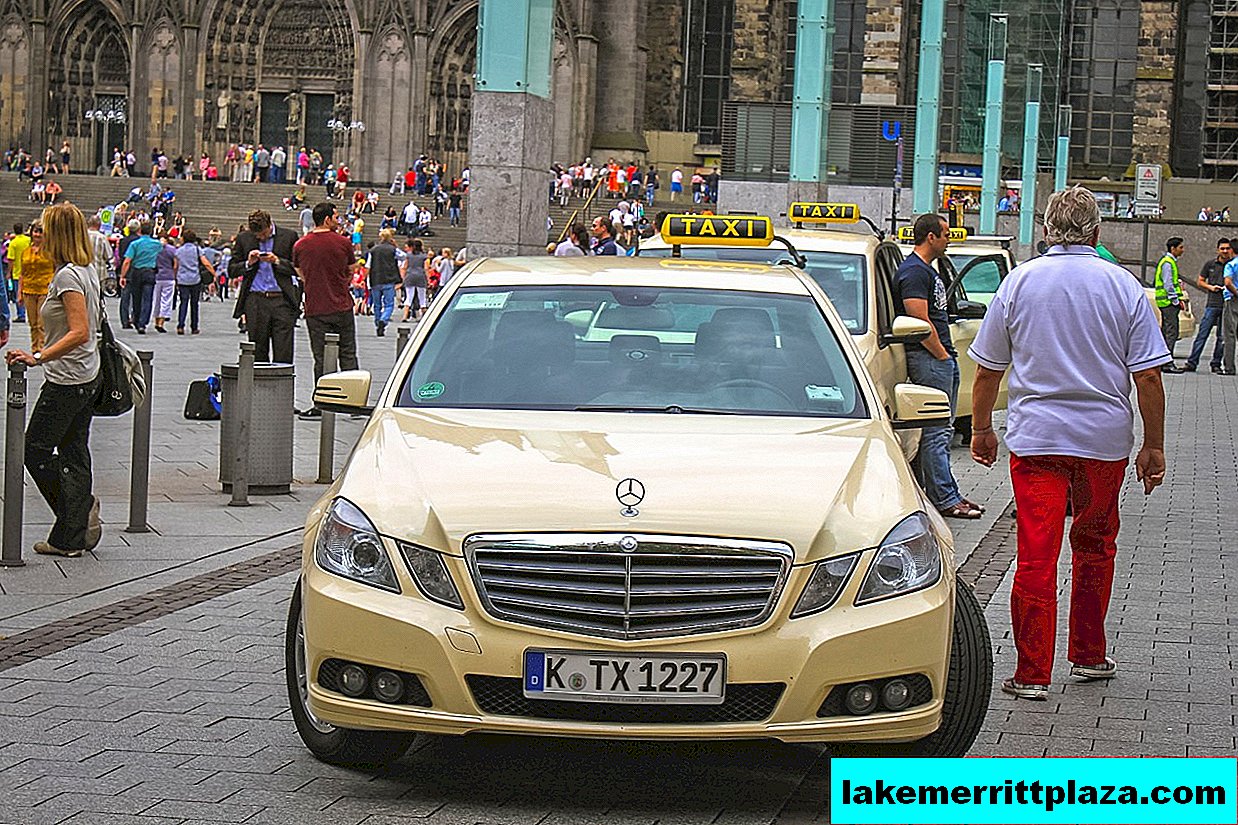
Cologne taxi, photo by Taylor Mc
Taxis are popular among tourists. On it you will get to the right place at any time. But for the convenience you have to pay. The main carriers in Cologne are Taxi Ruf Köln and Taxi Vip.
Book a transfer here.
Car
It makes sense to rent a car if you are planning a trip outside Cologne. In the city itself, it is better to use public transport.
See car rental here.
On bicycle
It is pleasant to travel around Cologne by bicycle. You can rent a two-wheeled friend at Rent-A-Bike (Marksmanngasse). It will cost about 2/10/20 euros per hour / day / 3 days.
How do I save on hotels?
Everything is very simple - look not only at the booking. I prefer the search engine RoomGuru. He is looking for discounts at the same time on Booking and on 70 other booking sites.

